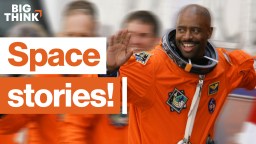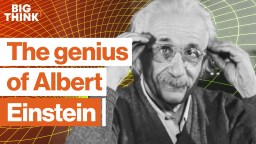astronomy
New mathematics have shown that lines of energy can be used to describe the universe.
Puerto Rico’s iconic telescope facilitated important scientific discoveries while inspiring young scientists and the public imagination.
See the most detailed survey of the southern sky ever carried out using radio waves.
A new study shows our planet is much closer to the supermassive black hole at the galaxy’s center than previously estimated.
A new study found similarities between the human brain and the cosmic network of galaxies.
A team of astrophysicists used AI to figure out which clusters of stars merged to become our galaxy.
The Earth is not flat. Here’s how you can prove it.
New research explains why the Moon’s crust is magnetized by debunking one long-standing theory.
The solar system has some strange stuff in it. Learning how it ended up that way can tell us where we’re going.
A supernova exploded near Earth about 2.5 million years ago, possibly causing an extinction event.
Roger Penrose used mathematics to show black holes actually exist. Andrea Ghez and Reinhard Genzel helped uncover what lies at the center of our galaxy.
How Nobel Prize winner physicist Lev Landau ranked the best physics minds of his generation.
The images and our best computer models don’t agree.
Astronomers spot an object heading into Earth orbit.
Construction is nearly complete for a camera that will take 3,200-megapixel panoramas of the southern night sky.
It’s the largest black hole merger ever observed by scientists.
Astronomer Michelle Thaller schools us on what atoms really look, the Big Bang theory, and the speed of light.
▸
9 min
—
with
Astronomers propose a new location for the mysterious force that accelerates the universe.
A new study finds the rocks that first formed Earth carried with them enough hydrogen for three times the water we have today.
Firsthand accounts of what it’s really like to go to and come back from space.
▸
14 min
—
with
A new study discovers how blazars shoot out jets of radiation towards Earth.
A new study sheds light on the final supernovae of the Universe.
After a decade of failed attempts, scientists successfully bounced photons off of a reflector aboard the Lunar Reconnaissance Orbiter, some 240,000 miles from Earth.
The meteorites suggest astronomers may have small, early planets wrong.
What was so great about Einstein anyway? A group of experts weigh in.
▸
11 min
—
with
Using modern tools, a team of astronomers uses celestial sleuthing to figure out when Vermeer painted his masterpiece “View of Delft.”
The impact might have triggered the Ice Age.
A colliding star may have triggered the drastic transformation.
A new study shows white dwarf stars create an essential component of life.
Unless you plan to try again in 6,800 years, this week is your shot.





























